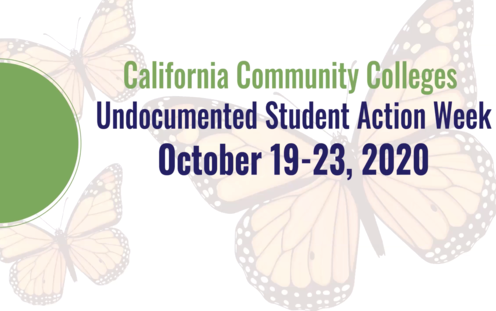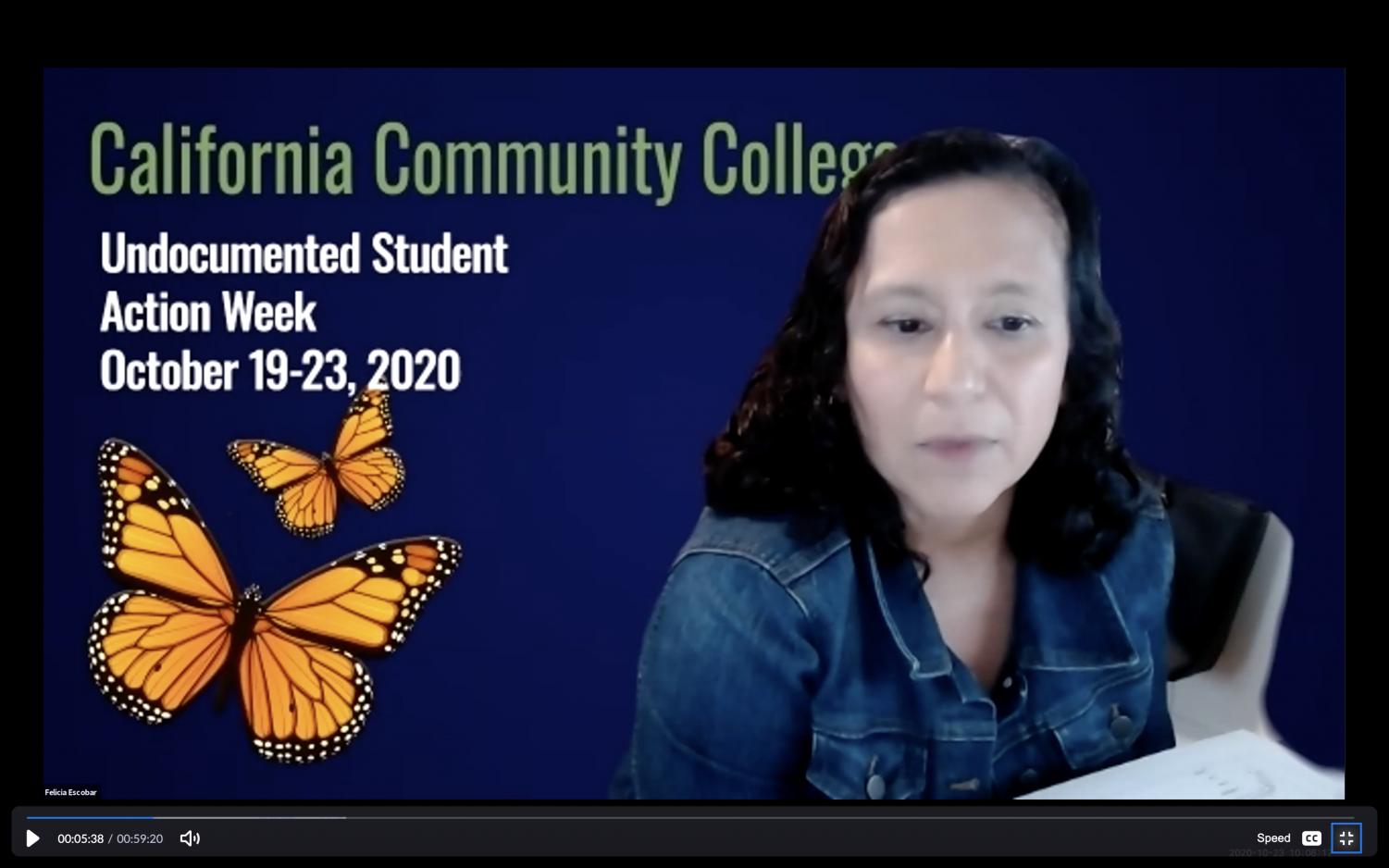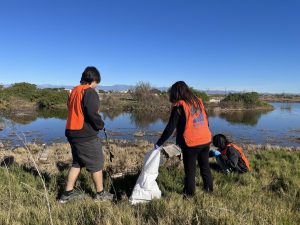Undocumented Student Action Week concludes with ways to support undocumented students

Undocumented Student Action Week hosted by California Community Colleges on Oct. 23, 2020.
October 30, 2020
The three colleges in the Ventura County Community College District participated in Undocumented Student Action Week, also known as USAW. USAW had a week-long event from Oct. 19 to Oct. 23, 2020. It is a campaign hosted by California Community Colleges Statewide Partners. In a week, the campaign organized a series of virtual events to advocate and provided resources to undocumented students.
On Oct. 23, 2020, California Community Colleges hosted the last virtual zoom session. The event was moderated by California Community College board member, Felicia Escobar Carrillo, who is currently the Director of the Immigration at the Beacon Fund. The panelists discussed the best practices for reaching undocumented students in a virtual era. Some of the ideas discussed were to use social media, cross department collaborations, among other virtual practices.
Carrillo has also worked for the domestic policy council where she advanced former President Barack Obama’s immigration legislation, including the Deferred Action for Childhood Arrivals, known as DACA. Carrillo expressed her support for undocumented students.
“One thing that has always inspired me is really, you know, the idea that when you give these young people a shot and a chance they will exceed your expectations tenfold. They have drive. They have determination and they’re really doing this, not just for themselves but for their whole community and family,” Carrillo said.

Carrillo went on to ask the panelists the practices that they are implementing in their area of expertise. Katie Messina-Silva is part of the Dream Center Counselor and Coordinator at Chabot College. Messina-Silva explains that her college is striving to move all of their services in the Dream Center to be virtual.
The Dream Center is a campus resource center for undocumented students to provide support regardless of their immigration status. Messina-Silva went on to explain ways her college is finding undocumented students, also known as AB540, and reaching out to them.
“We’ve been using data that we’ve been able to gather for our partnership with admissions and records and institutional research. To identify out of our currently enrolled students who might be potential AB 540 students,” Messina-Silva said. “So by looking at, you know, those targeted student populations we can do out or we can do in reach to those students through email.”
Catherine Custodio, financial aid specialist and part of the financial aid office in the City DREAM Resource Center at City College of San Francisco, is using a similar method as Messina Silva to reach out to undocumented students. Custodio’s college finds groups based on the California Dream Act, AB 540 Affidavit, or residency. To provide resources to students, City Dream offers a weekly newsletter. Custodio explained the main goal of the weekly newsletter.
“The focus of these newsletters is to bring resources to our undocumented student population. So we focus on events particular to the undocumented student population, but we also make sure to include any other resources that they might find beneficial,” Custodio explains.
The weekly newsletters are another way for departments to promote their events. Custodio talked about the importance of intersectionality.
“We can have these intersectionality of students and show them that they have their support in various parts there,” Custodio said.
To conclude the last meeting of Undocumented Student Action Week, Carrillo encouraged California residents to go out and vote.
“I’d ask you to get out there and vote for yourself but also for undocumented students, they’re not able to vote right now. One day, hopefully that will change, and they will get on a path to citizenship. But until then, we need to speak for them,” Carrillo said.
To learn more about the resources available for undocumented students visit California Community Colleges’ Resource Center or to find ways to support undocumented students.








